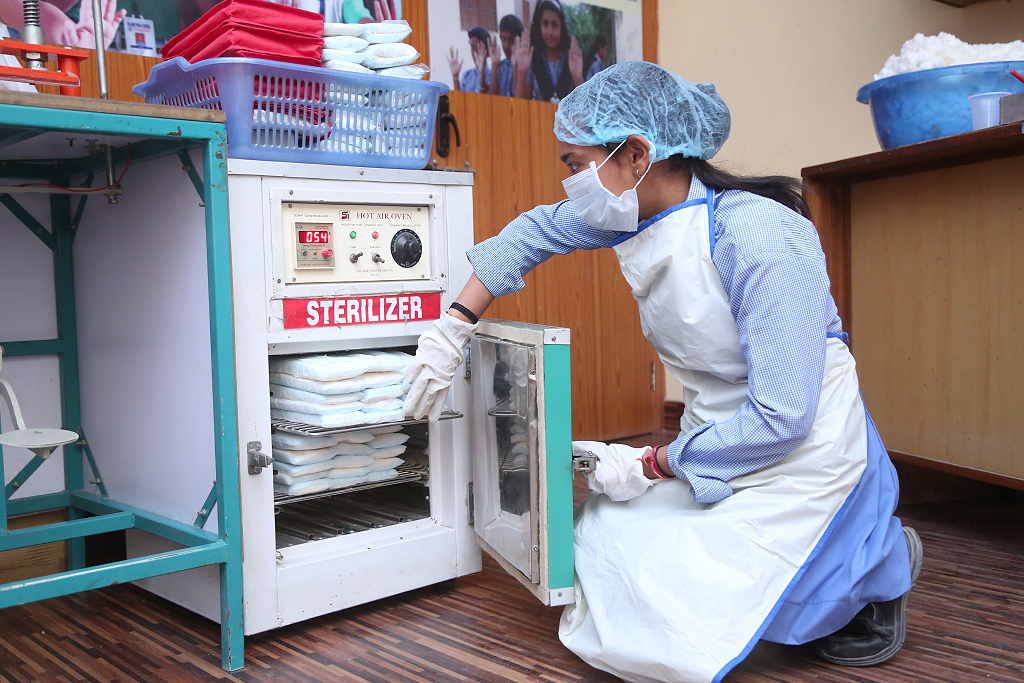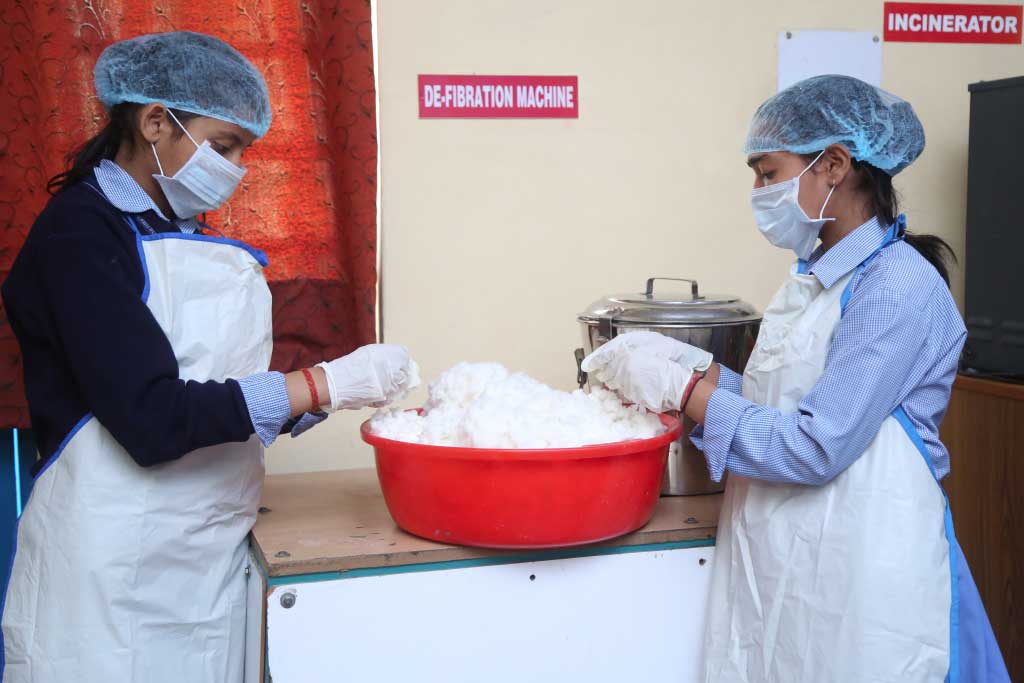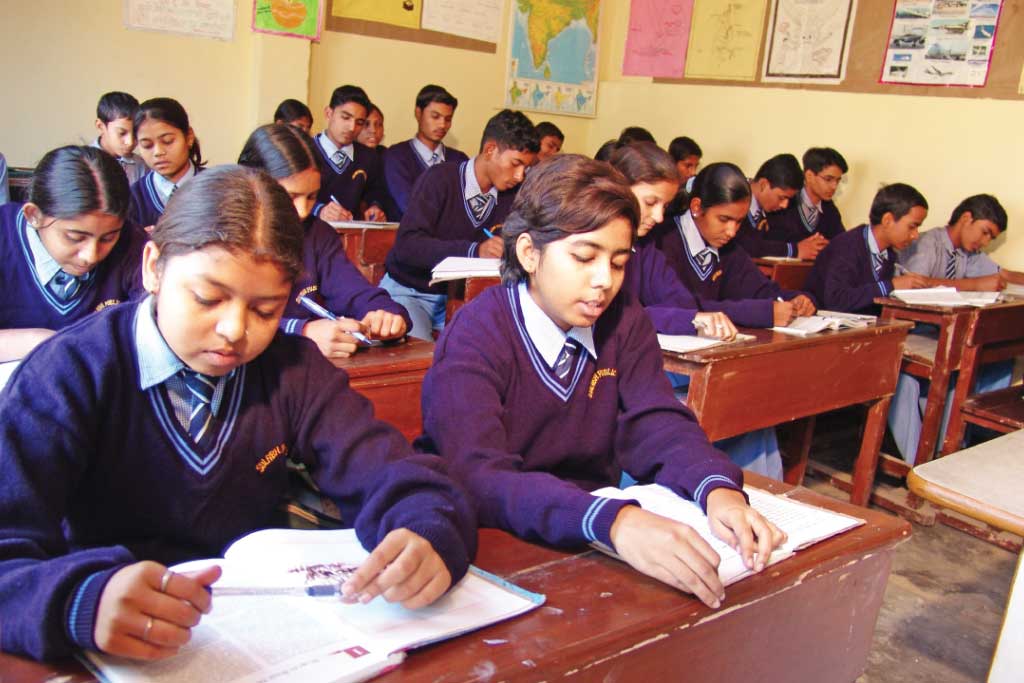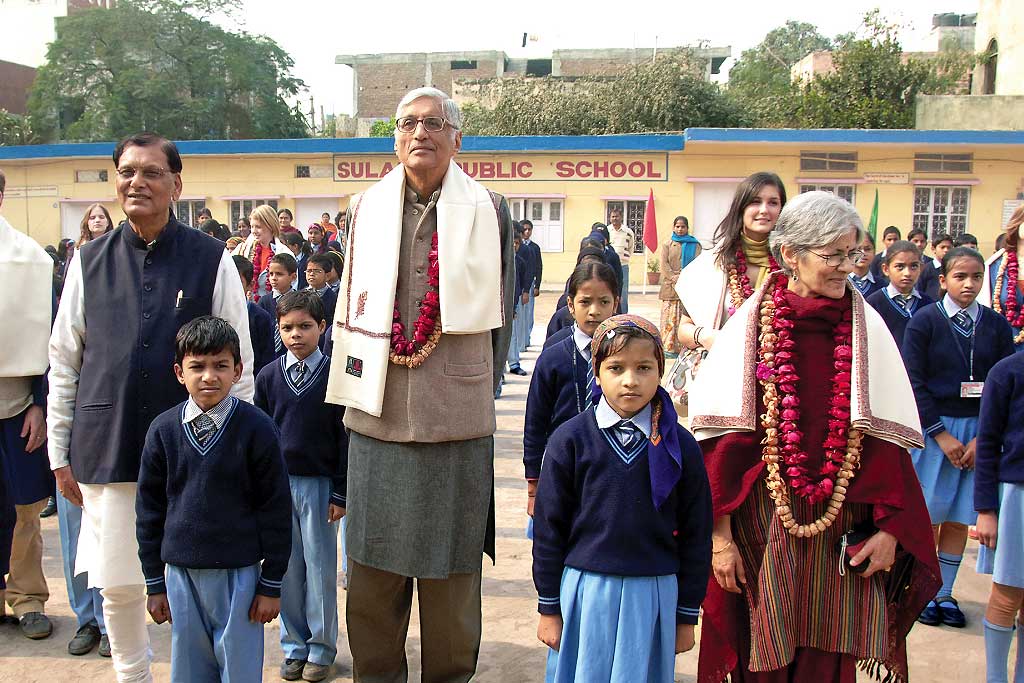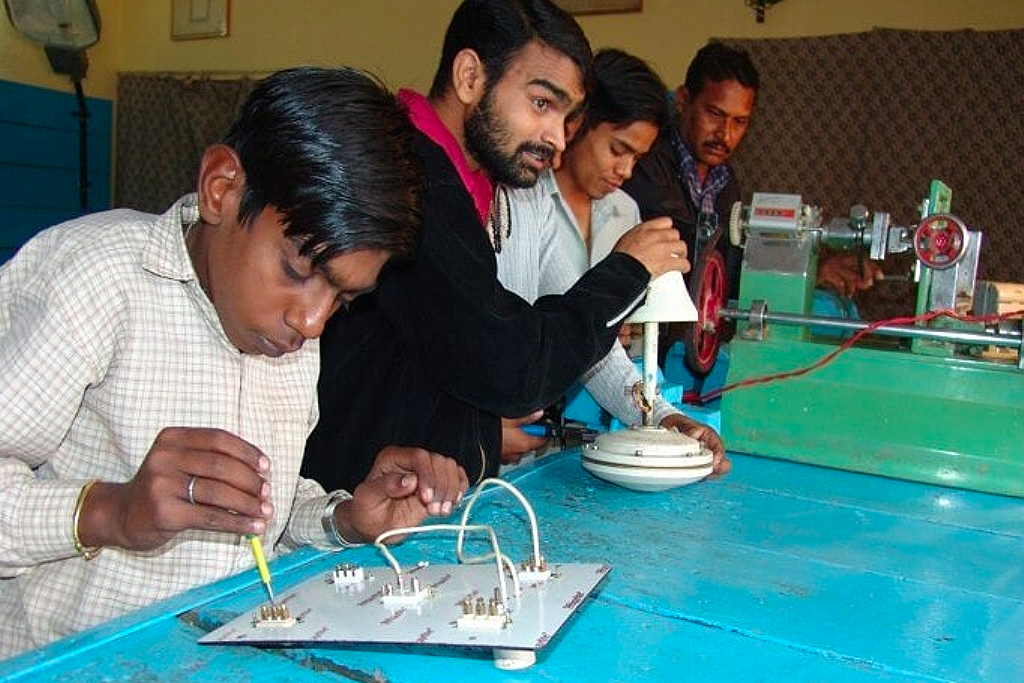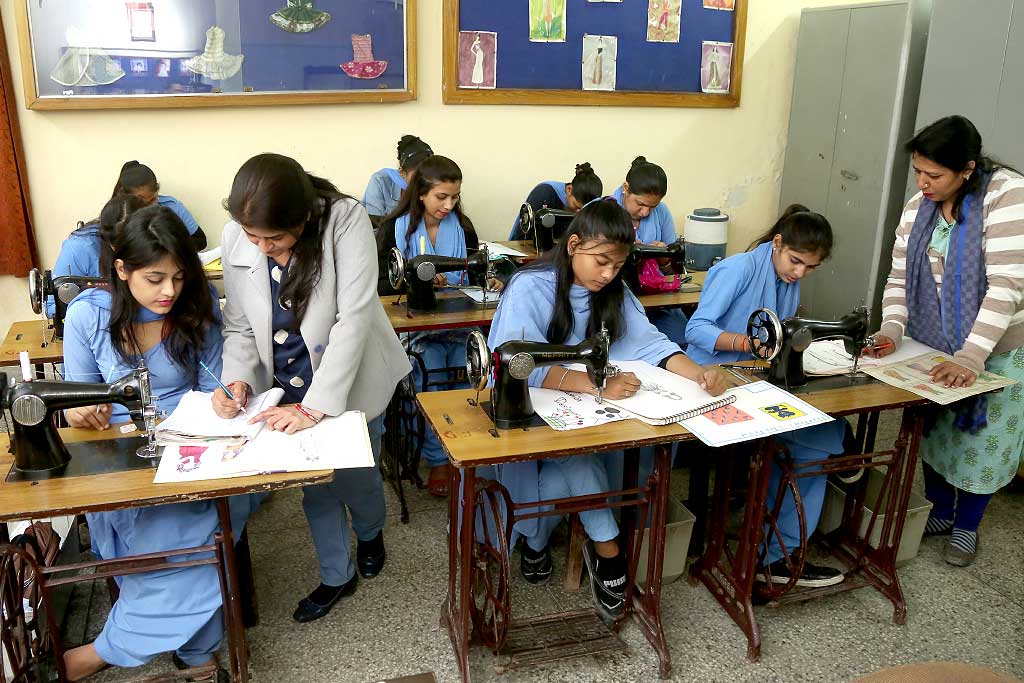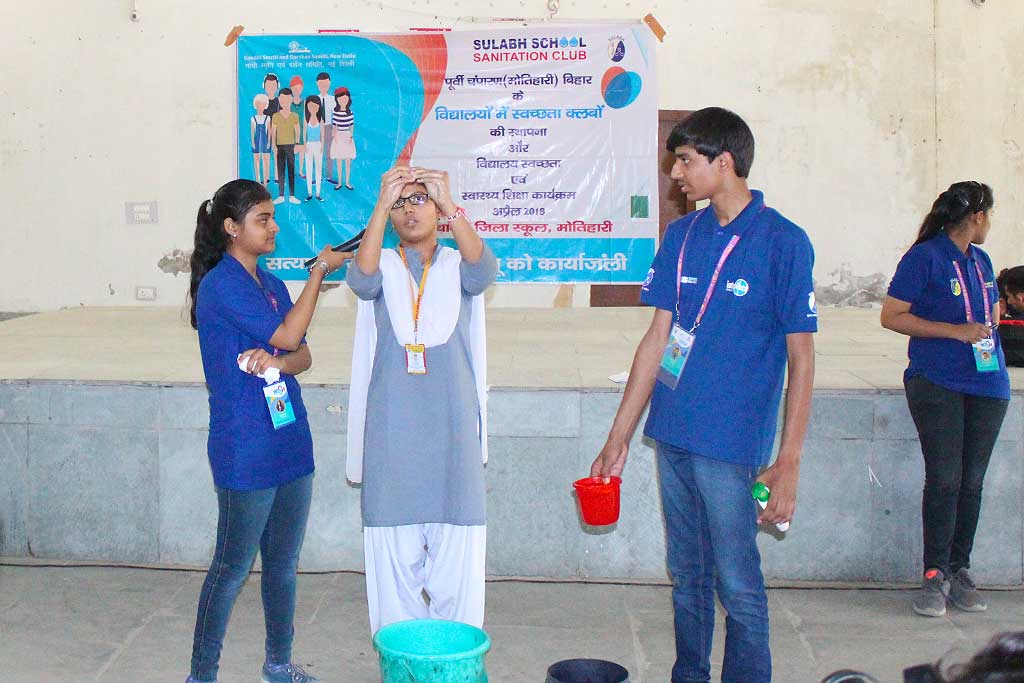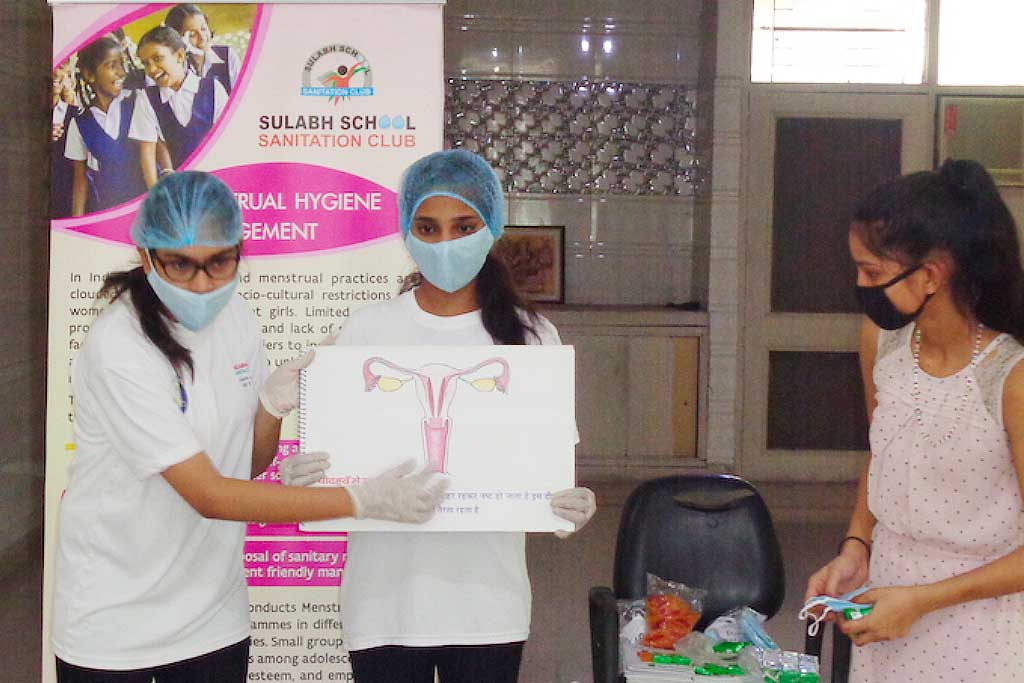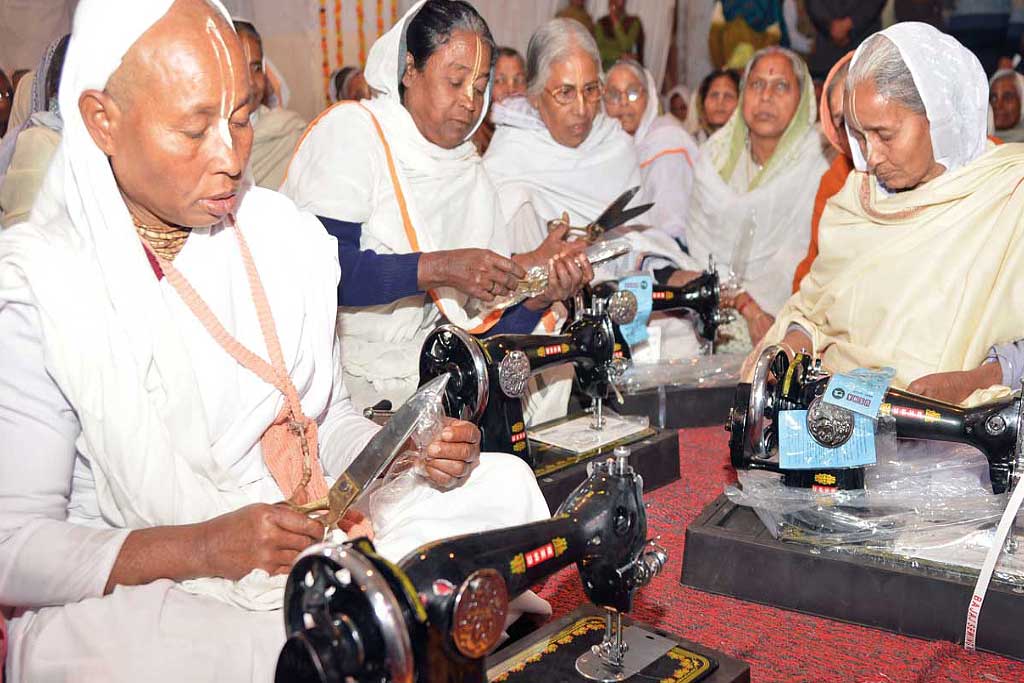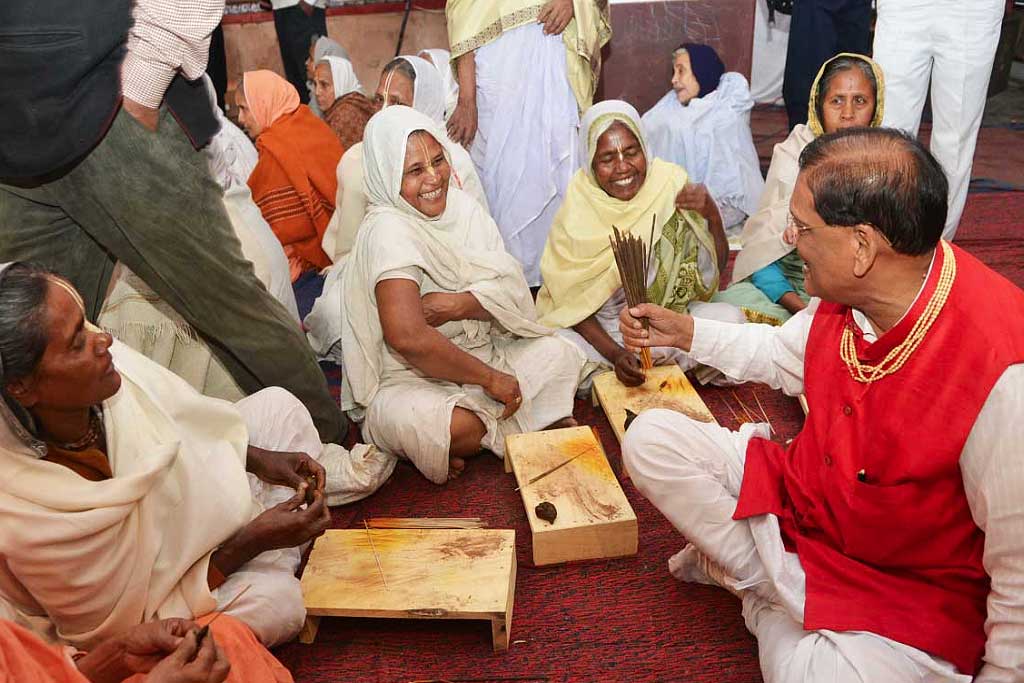Overview
Sulabh International School of Action Sociology and Sociology of Sanitation was set up in 1993 to implement the concept of sociology into practice. The concept was evolved by Dr. Bindeshwar Pathak, social reformer and founder of Sulabh Sanitation Movement. The idea behind the organisation was to tackle issues that intersect with sanitation, human rights and gender.
Hence from the onset, the focus was to build the capacities of the people — mainly the children of sanitation workers and others who come from marginalised sections and of the society — by giving them access to quality education and training through skill development. Today, the centre runs a school, vocational training centre for the youth, operates a national wide menstrual hygiene management programmes and provides care facilities for the destitute widows in the towns of Vrindavan and Varanasi.


